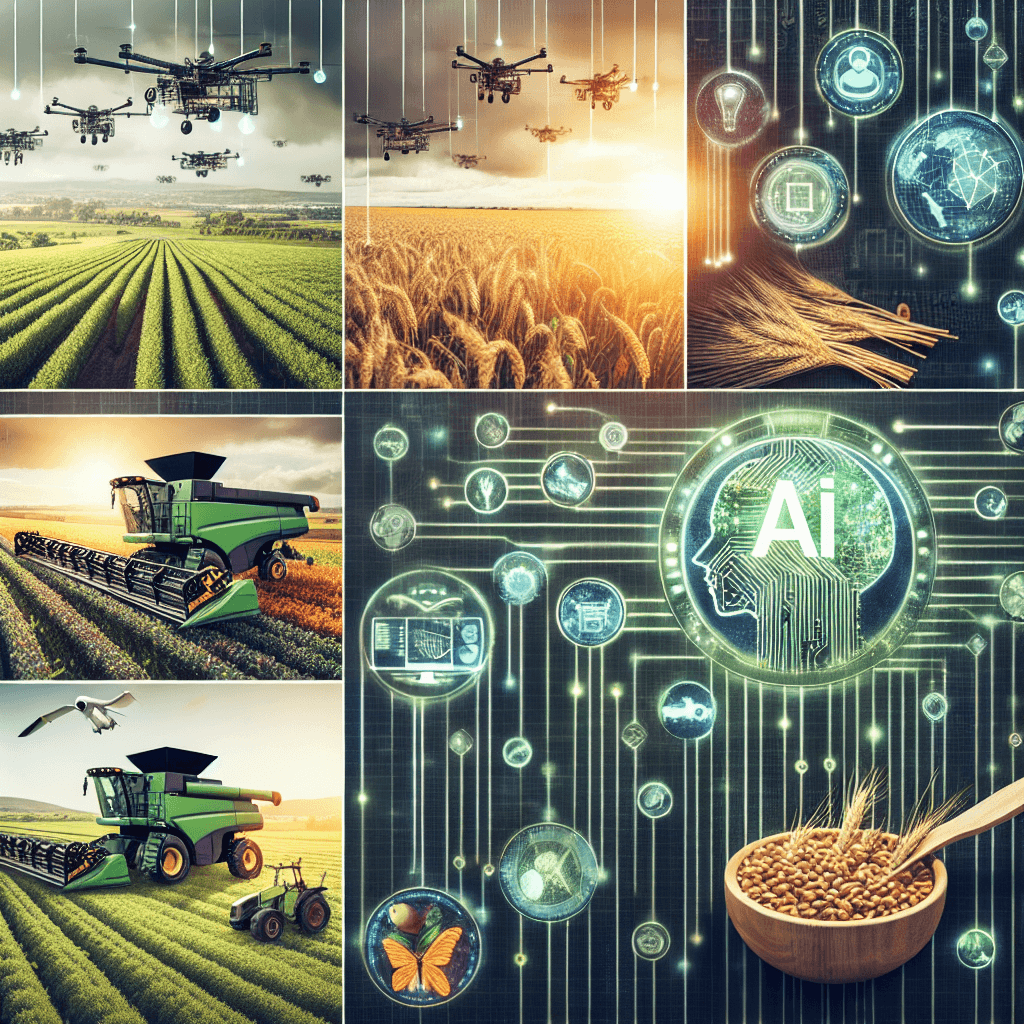Introduction:
The integration of Artificial Intelligence (AI) in the agro business supply chain has brought about transformative changes, optimizing processes from farm to table. Let’s delve into the key roles AI plays in this industry and how it is reshaping the way we produce and consume agricultural products.
Demand Forecasting:
AI algorithms analyze historical data, market trends, and other variables to accurately predict consumer demand, enabling farmers and suppliers to adjust production levels efficiently.
Inventory Management:
AI systems help track inventory levels in real-time, reducing waste by ensuring optimal stock levels and minimizing overstock or stockouts.
Crop Monitoring:
By utilizing drones, sensors, and satellite imagery, AI monitors crop health, detects diseases early, and provides insights for precise resource allocation, leading to higher yields.
Logistics Optimization:
AI streamlines transportation routes, schedules, and warehouse operations, cutting down on costs, improving delivery times, and enhancing overall supply chain efficiency.
Real-World Examples:
Companies like John Deere utilize AI-powered systems for precision agriculture, enhancing farming techniques and increasing productivity. Walmart employs AI for demand forecasting, reducing wastage and ensuring products reach consumers effectively.
Challenges:
Despite the benefits, challenges such as data privacy concerns, initial setup costs, and the need for skilled AI professionals pose hurdles in widespread AI adoption in the agro business sector.
As AI continues to advance, the agricultural supply chain stands to gain significantly from its strategic implementation, fostering sustainability, efficiency, and innovation.

